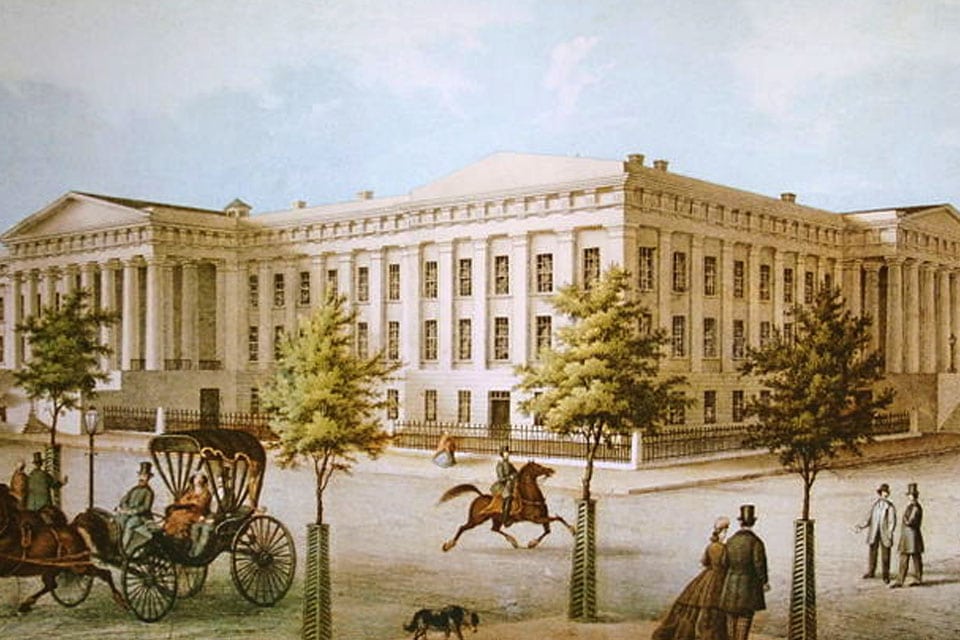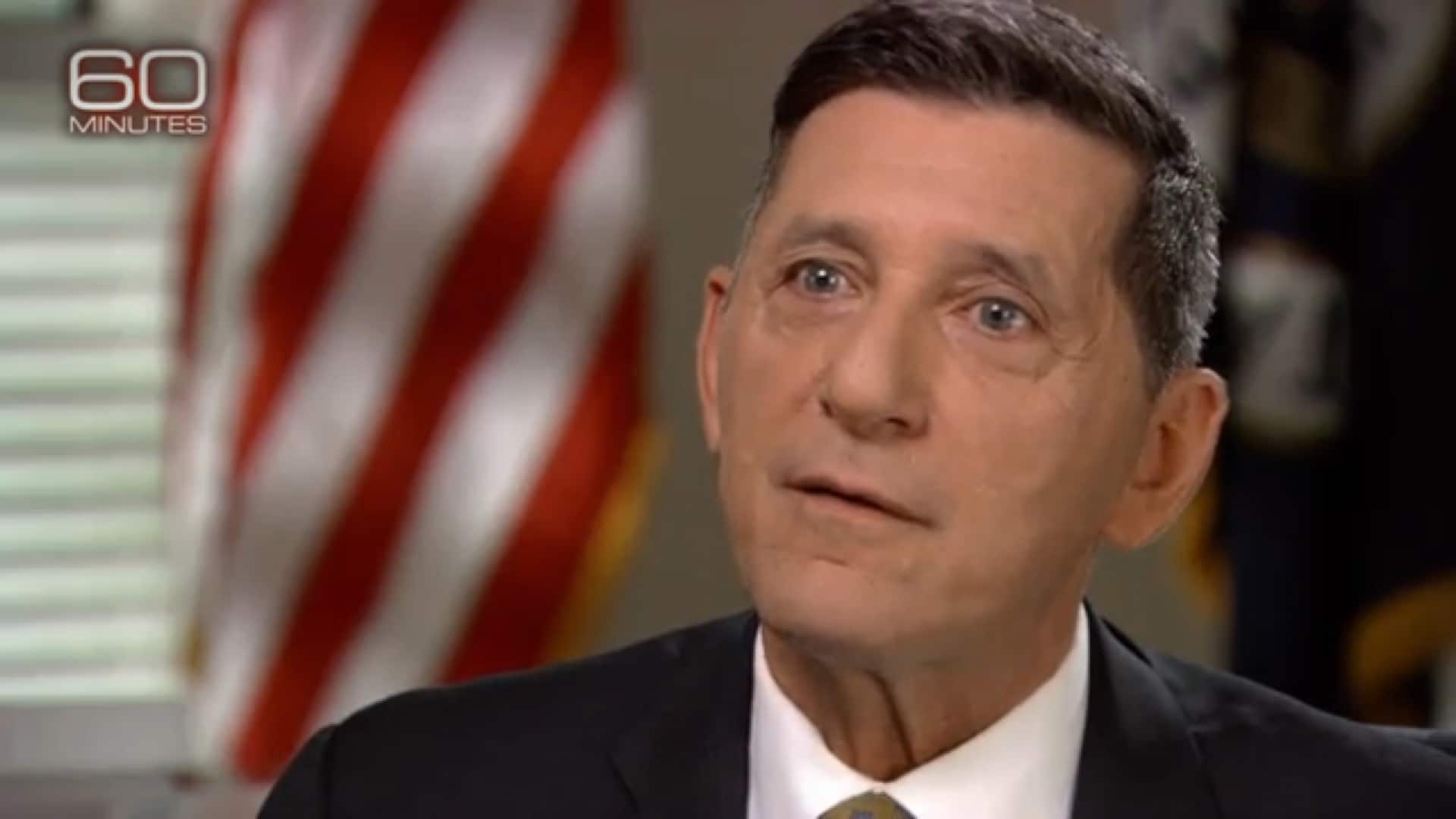The following guest post on psychedelic patents is by Tony Greenberg and Reilly Capps.
Psychedelics are clinically proven to help PTSD, depression, and despair. In the right setting, they make you feel giving and in love with all Creation.
Not everyone embraces the old psychedelic values of sharing and generosity. Today, as laws are changing, companies are filing a range of questionable patents that could let them control psychedelic molecules and practices they didn’t invent or improve. If they are awarded by the government, undeserved patents could retard or sully the whole field of psychedelics, a promising new source of health and meaning.
All is not lost. Reinforcements are coming. Community members from MAPS to patent lawyers to everyday TikTokers are organizing and raising awareness. One goal is to help the public and the government tell the difference between psychedelic inventions that are truly “novel and non-obvious” — the government standard — and patent applications that seek to own technology and procedures that are already in the public domain.
“MAPS’ position is that we not against anyone patenting any truly novel invention,” says Liana Sananda Gillooly, Development Officer for the Multidisciplinary Association for Psychedelic Studies, the non-profit most responsible for the psychedelic renaissance. (MAPS has so far open sourced the patents they have developed.) “We are not supportive of claims being made on inventions that are not novel, or of those filing overbroad patents.”
The future of the psychedelic renaissance may be at stake.
PSYCHEDELIC PATENTS
The fight over psychedelic patents ignited online when Compass Pathways, a British company that started as a non-profit before switching to for-profit, filed patents for a dizzying array of psychedelic medicines and modalities. Graham Pechenik, a patent attorney and editor at Psilocybin Alpha, which tracks psychedelic patents, says Compass could seek to own the right to be the only company able to use psilocybin at all until 2038.
Of course, psilocybin is a naturally-occurring molecule found in numerous mushroom species, and native shamans have used mushrooms to heal physical, mental, and spiritual maladies for hundreds of years. Patents seeking to own specific treatment applications of this already broadly applied psychedelic healing tool generally don’t meet the sniff test. Specific innovation is required and this can be hard to achieve in a field with so much history and documentation.
Yet Compass appears to be trying to put up roadblocks to anyone else using psilocybin, and wants to own the basics of “Set and Setting” that make up good care. They’ve filed patents for the use of “a room with a high-resolution sound system,” and “a bed or a couch,” where “the therapist provides reassuring physical contact.”
In fact, this way of doing mushroom therapy goes back at least to the 1960s, when scores of studies on psilocybin therapy for alcoholism, depression, and recidivism were published in the scientific literature.
A Compass co-founder defended the company, but most of the Internet wasn’t buying the story of a man who has already, on paper, made hundreds of millions of dollars off his psilocybin company in just a few years. Compass’s move prompted a furious backlash from across the Internet, from entrepreneur Tim Ferriss to viral TikTok’er Nu Hippie.
The focus of the Internet’s ire is Compass, but Compass is far from the only company filing patents that should concern the community. A startup called MagicMed filed a patent on the invention of 125 million molecules, a claim so broad it makes patent lawyers laugh out loud.
A startup called CaaMTech actually won a patent on combining cannabinoids with psychedelics (and if the mailing address for the patent wasn’t Golden Gate Park, Human Be-in, 1967, then this IP was stolen).
In fact, the filing of potentially bunk patents should concern anyone who understands the delicate balance between industry innovation, investment and the common good. Despite searching his memory, Pechenik couldn’t readily think of a new patent filing in the psychedelic space that was clearly novel and non-obvious, the government standard.
THE PURPOSE OF PATENTS
Many of the arguments over psychedelic patents have missed the nuance, say several experts in the field. Patents are so fundamental to America they’re part of the Constitution, “to promote the progress of science and useful arts.” An inventor deserves remuneration for a truly useful and new idea, and patents allow them to bring it to the public in full form.
Dr. Jeffrey Becker, a Los Angeles psychiatrist and science director at Bexson Biomedical, points out that there are companies filing for patents on new drugs, or improvements on existing drugs that provide pharmacodynamic and pharmacokinetic innovation. These inventions can help drugs move and work differently in the body, creating new approaches to treatment. “These patents advance the science and pave the road for development of new therapies and new approaches to old therapies, with no attempt to limit or restrict existing practices. These companies should be distinguished clearly for their alignment with advancing the human consciousness movement,” Becker says.
On the other hand, companies attempting to patent technologies and know-how that already exists in the commonwealth are taking something away from people that they already have.
BAD PATENTS ARE BAD FOR ALMOST EVERYONE
Patents were simple enough when the Constitution was written, an eighteenth century world of nuts, bolts, and horseshoes. But the patent system is falling apart in a world run on code, ideas, and molecules. The patent office stumbled when faced with the complexity of the Internet. For example, it decided Jeff Bezos invented “1-click” ordering. He didn’t; still, other sites had to needlessly add a click to their ordering process, or risk litigation, an example of a bad patent slowing down commerce.
The potential downsides are serious. For example, if MagicMed is successful in patenting 125 million molecules in its Psybrary, it could extract a fee from anyone wanting to work with any of those molecules, slowing down scientific progress.
“It’s very important to protect the expansion of this field, and ensure people are not hindered in exploring the potential use cases of psychedelics,” Sananda Gillooly goes on. “Aggressive business maneuvering can be detrimental.”
HOW TRIPPY IS THE PATENT OFFICE?
We rely on the U.S. Government patent office to sort out which patent applications in the psychedelic realm represent novel, non-obvious, and helpful innovations. These innovations deserve protection. But, do government patent clerks know enough about psychedelics to make wise choices?
Much of the time the answer is no. Patent officers are often underpaid and overworked civil servants without the time to truly explore the complicated historical background of an application. “They’re mostly PhDs, but they might never have seen anything on psychedelics before,” says Pechenik. Plus, “They generally are setting aside less than a hour to figure this stuff out.”
Take one glaring example of a difficult filing: Compass has filed a patent on using psilocybin to treat stuttering. Mushrooms to help you talk smoothly.
To find out whether psilocybin-for-stuttering is novel and non-obvious, the patent office checks academic publications and previous patent applications. But since psychedelics are illegal, holders of the medicine were potential criminals with no chance to publish anything. Finding nothing, the government might award Compass the rights.
But any psychedelic-lover worth their salt has heard the story of mushroom guru Paul Stamets. Stamets was a childhood stutterer who tripped over his words. One day, he ate psilocybin mushrooms. A rainstorm came on. He got caught in a tree. And some combination of fear, medicine, and fate cured his stutter forever. “I don’t know that a patent examiner would have found Paul Stamets’s YouTube,” says Pechenik, the patent lawyer.
“The risk is that patent examiners just don’t have the tools and they let bad patents out the door,” lawyer David Casimir told Vice.
Innovators deserve remuneration for discovery and work. But to fence off parts of the world just because you own the biggest, fastest-working fencing company is not only at odds with the ethos of the consciousness medicine movement, it’s bad for future innovation. It slows the flow of ideas, collaboration, and community.
PSYCHEDELIC COMMUNITY RAISES ITS DEFENSES
In response to these questionable patent strategies, Tim Ferriss suggested an “IP Defense Fund — or coalition of pro-bono lawyers — of some type to file USPTO objections/comments, etc. when companies attempt to secure broad patents.”
Now, a loose cadre of patent watch dogs are heeding the call, and arming themselves for patent battle. There are at least three such efforts.
- Gillooly tells us MAPS and others are in the early stages of working on a project to provide historical information to the patent office to use as a resource.
- Patent lawyer David Casimir told Psymposia he is forming his own effort called Porta Sophia — Greek for “doorway to wisdom” — along similar lines.
- Carey Turnbull, a board member of the Usona Institute and the nonprofit Heffter Research Institute, has pushed back against Compass vigorously.
WINNING BATTLES
Compass has already been knocked back.
From Vice: Compass’s patent application in 2018 had 27 claims of novelty, Jeffery M. O’Brien wrote in Fortune. These novelty claims were swiftly challenged by [Turnbull], and Compass withdrew those original 27 claims of novelty. When it resubmitted its patent claim it had 10 new claims of novelty, which Turnbull opposed again. Compass again withdrew its patent. Finally, its patent was approved on December 31, 2019, with one independent claim of novelty and 20 dependent claims.
Outsiders can affect the patent office.
There are other ideas. Venture Capitalist Tim Chang suggests that non-profits themselves may need to adopt a more aggressive IP strategy to help balance the playing field: “I’m interested to see if non-profits like MAPS or even values-aligned consortiums could also play a role in this land grab to proactively lock up and defend areas of IP, and potentially generate more equitable licensing revenue streams,” Chang writes. So MAPS, researching psychedelics since 1986, plus long-time research outfits like Usona, Heffter, and Beckley, file a flurry of patents on their explorations going back to the 1980s or even before. Researchers at Purdue, NYU, Johns Hopkins, Imperial College London, The University of New Mexico, and others, file patents on their academic work over the last two decades. Private practices working on studies and ketamine clinics note their inventions.
With intellectual property in the hands of these socially-minded folks, they can license their patents cheap or give them away as they see fit.
THE SPIRIT IS OFF
In a larger, non-technical sense, there’s something off about the intention of so many of these patent applications.
Imagine trying to claim the IP of countless underground therapists and space-holders who risked their freedom to develop psychedelic therapy. Not to mention Maria Sabina and countless Amazonian shamans, who informed the underground therapists. Think of the intellectual property Sasha Shulgin freely offered when he designed scores of new psychedelics in his shack, tested on friends, and gave away for nothing.
A cynic will say that historical land grabs is what our country was founded on. Europeans sailed oceans, found nice land with scattered indiginous people on it, and suddenly owned it just because they had guns.
“Indigenous people on this continent talk about this time we’re in as the time when the spirit of cannibalism is walking the Earth,” said Ariel Clark, a Los Angeles cannabis lawyer on the Psychedelic Law Blog. “This is a taking culture. We take and we take. Then we sell things to people so that we can take their money.”
But psychedelic healing pre-dates the clash of continents. This historic spirit will hopefully inform the next important steps in this emerging industry. Intention, as dedicated users of psychedelics know, counts for a lot, and can mean the difference between a beneficial journey and a hellish one.
Not every psychedelic company is taking this land-grab route. Not long after Compass patented its proprietary method of making psilocybin, Usona put its recipe up on the Internet for free.
“Everything that we have, we have so far put into the public domain,” Gillooly, the Development Officer for MAPS, tells us. “The public owns our inventions. The training manual, which could have been patented, is currently online and anyone can read it and learn from it.”
Gillooly also co-founded North Star, a nonprofit urging discussion of the ethics of the psychedelic industry. North Star created an ethics pledge for psychedelic business, which includes “start within,” “study the traditions,” and “build trust.” Gillooly is critical of the idea that companies must pursue intellectual property to deliver value.
“Standard investment backed businesses have a fiduciary duty to maximize profits for shareholders and create a dynamic of power and control. I’m not sure such formats can deliver the healthiest ecosystem for the emergent field of psychedelics,” Gillooly says. “I’m much more interested in slow and patient capital, and in community driven initiatives. The vision that many of us are holding is not that there’s a cookie cutter chain of psychedelic clinics to deliver care. I and others are interested in developing community led approaches to delivering culturally competent care, that does not extract the value created away to shareholders, yet instead circulates the value amongst the providers of care and those generating the value.”
As Trevor Millar of MAPS Canada wrote beautifully in Psychedelic Times: “‘Psychedelic’ means mind and soul manifesting. The word entrepreneur comes from the French entreprendre which means to undertake. I’d like to suggest that psychedelic entrepreneurship is to manifest your soul into a business or undertaking.”
We have watched for decades as billions spent on medical research hasn’t put folks on paths towards healing or produced real shifts in value to the end user. Meanwhile, we have watched psychedelics heal pain, anxiety, loneliness, suicidal ideation, PTSD and malaise is many people, documented in research studies and shared through the underground movement.
The psychedelic renaissance may treat us all best if it is both guided by love and attention to detail, gives patents to those who truly advance the field, while being unhampered by patents that result from trolling or a lack of respect for history.
Discernment is one key.
Tony Greenberg is the founder of RampRate, a global advisory and private equity firm who is goal is elevating the way business does business. They also reduce cost, risk, time, and the carbon footprint of IT supply chains for more than 20 years. Its investments and services use levels of health care, tech, and banking to maximize and measure social impact. Some investments include Bexson Pharmaceutical, Beckley Psytech, Radicle Science, and Eaze.
Reilly Capps is one of the nation’s most dedicated drugs writers, published in the Washington Post, DoubleBlind, and The MAPS Bulletin. His reporting for Rooster helped catalyze the world’s first psychedelic decriminalization effort in Denver. UltraNative funded his reporting on this piece.










